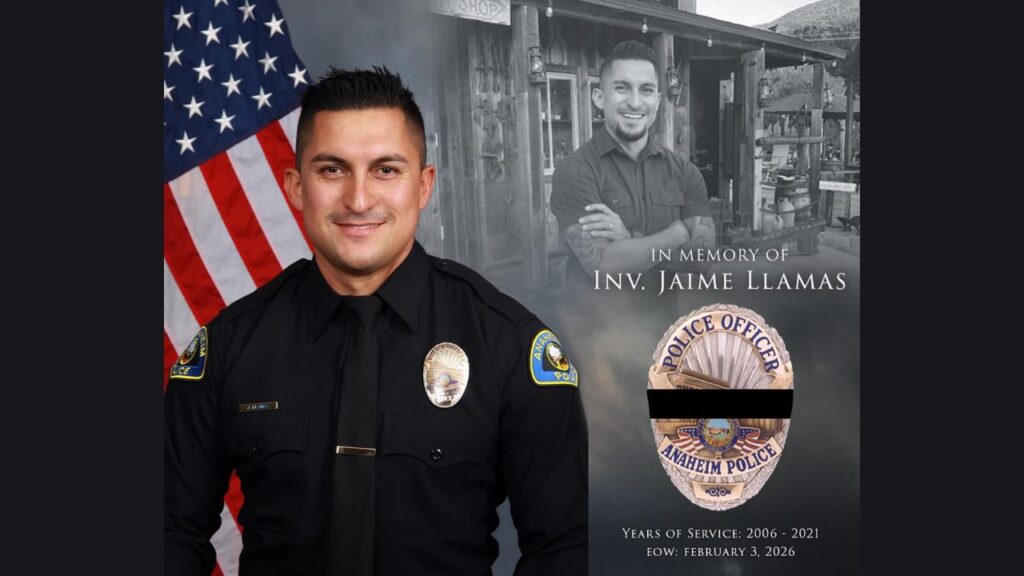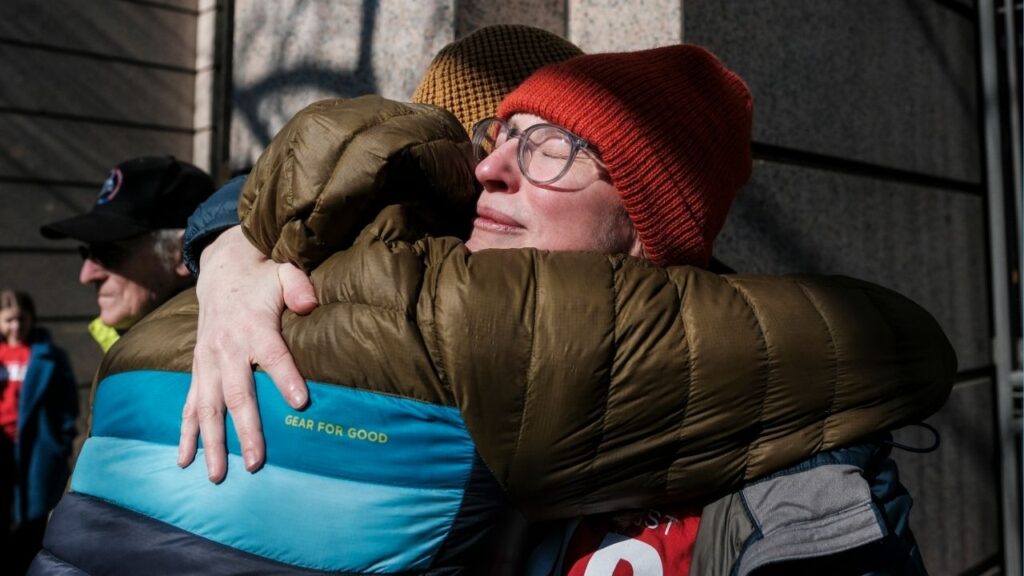Share
Gov. Gavin Newsom ended mandatory minimum sentences for nonviolent drug crimes in the nation’s most populous state on Tuesday, giving judges more discretion to impose alternative sentences.
The mandatory sentencing law Newsom signed Tuesday grew out of what Democratic Sen. Scott Wiener of San Francisco called a failed war on drugs that disproportionately incarcerated people who are Black or Latino.
Wiener said the bill Newsom signed is important particularly for those suffering from drug addiction.
“Our prisons and jails are filled with people — particularly from communities of color — who have committed low-level, nonviolent drug offenses and who would be much better served by non-carceral options like probation, rehabilitation and treatment,” he said in a statement. “It’s an important measure that will help end California’s system of mass incarceration.”
CHP and Police Associations Say Bill Sets ‘Dangerous Precedent’
But the California Association of Highway Patrolmen said the penalties “work as a deterrent or a reason for individuals to get the treatment they need to turn their lives around.” It predicted that allowing probation will increase the selling and use of drugs and other crimes.
Current law bars probation or suspended sentences for first-time offenders convicted of certain drug offenses including selling or possessing for sale more than a half-ounce of heroin or the hallucinogenic drug commonly known as PCP or angel dust.
It also bars probation for repeat offenders convicted of crimes including possessing or agreeing to sell or transport opiates or cannabis or forging prescriptions.
The mandatory sentences can range from two to seven or more years, depending on the offense.
The California Police Chiefs Association said Wiener’s bill “sets a dangerous precedent … and would jeopardize the health and safety of the communities we are sworn to protect.”
Newsom Signs Other Laws Affecting the Criminal Justice System
Newsom also signed legislation expanding on a 2019 law that limited the use of the felony murder rule, which previously allowed accomplices in felonies to be convicted of murder if someone died. Two years ago, California restricted its application only to people who intended to kill, directly participated or acted with “reckless indifference to human life.”
The new law explicitly also includes voluntary manslaughter and attempted murder convictions as eligible for resentencing. The California Public Defenders Association said it could affect hundreds of inmates who were excluded by an appeals court decision as well as thousands of others who hadn’t applied because of the court’s narrow interpretation.
The bill that takes affect in January “closes an unjust loophole and brings greater fairness to our criminal justice system,” Democratic Sen. Josh Becker said.
A third law signed by the governor creates the presumption that those arrested on allegations of violating their probation be freed on their own recognizance pending a hearing, unless a judge deems them to be a public safety or flight risk.
RELATED TOPICS:
Categories

Visalia Police Identify Victim, Suspect in Fatal Apartment Assault

Clovis Police Plan DUI Enforcement for Super Bowl Sunday
















